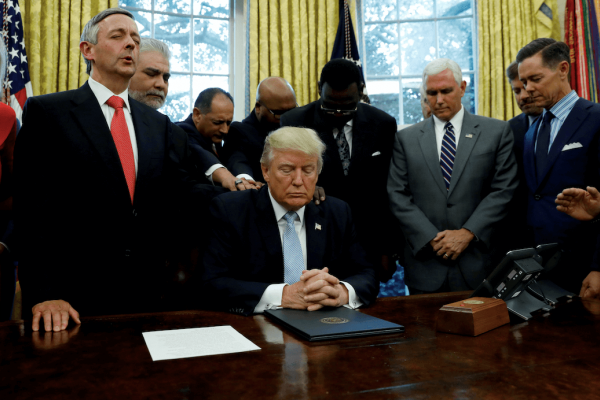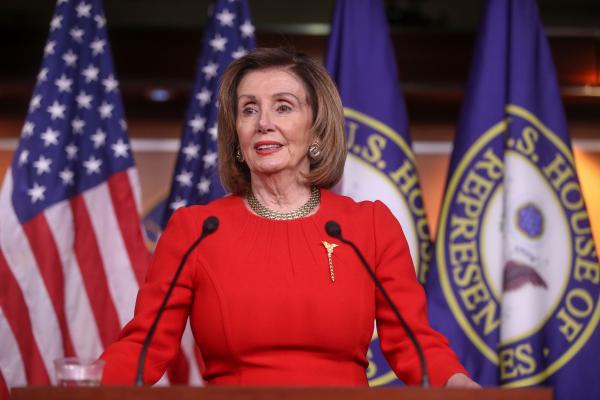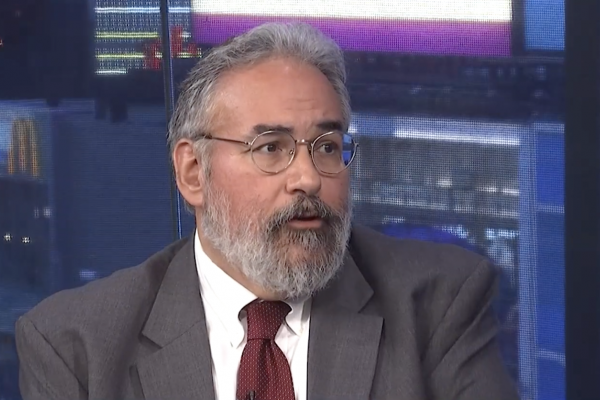Rabia Chaudry is a Pakistani-American attorney, author, and podcast host. I first learned about her while listening to the first season of Serial, a groundbreaking podcast that covered the disturbing case of Adnan Sayed. Since then, Rabia wrote a book about his case called Adnan’s Story. She then started her own highly acclaimed true-crime podcast, Undisclosed, and she is now also co-host of The 45th podcast, which looks at important developments coming out of the White House that merit a second look.
Gov. Greg Abbott informed the U.S. State Department that Texas will not participate in the refugee resettlement program this fiscal year. The decision comes after more than 40 governors, including several Republicans, have said they would opt in to the federal refugee resettlement program. Resettlement agencies needed written consent from states and local governments by Jan. 21. The deadline was imposed in a September executive order by the Trump Administration that requires written consent from states and local entities before they resettle refugees within their boundaries.
“Here is the world. Beautiful and terrible things will happen. Don't be afraid.” —Frederick Buechner
It’s barely 2020, and we are already reeling, if not personally, collectively. Twitter feeds are full of Iran-related retweets of the president, when just weeks ago we were talking about impeachment.
The super PAC juxtaposes footage of prominent white evangelical leaders praising the president with derogatory and violent quotes from Trump himself, with the assumed aim of illuminating a religious hypocrisy among Trump-voting Christians.
The church shouldn’t need a hashtag to shame it into taking sexual violence seriously. Abuse survivors shouldn’t have to look to Twitter and Facebook and blogs to find a place to belong, to be believed, and to give voice to their trauma.
In the aftermath of Vietnam, Congress passed the War Powers Act in 1973, over the veto of President Nixon. It stipulates that the president should inform Congress 48 hours after initiating the military in any hostile action, and then limits the president for 60 days in carrying out such actions before Congress declares war or passes a proper authorizing action. It was an attempt to find a compromise between Congress’ power to declare war and a president’s need to take immediate military action in certain situations. Nearly ever president since, Republican and Democrat, has bristled under its provisions. Further, Congress has largely abdicated its responsibilities to enforce the War Powers Act provisions.
Among the many foreign policy experts, former diplomatic and military leaders, intelligence officers, members of Congress and the Senate, editorial writers, and columnists weighed in on Donald Trump’s killing of Iran’s top general, Qasem Soleimani, most noted a complete lack of strategy. But what they miss is that Trump has only ever had one strategy: doing whatever benefits him and his own political and financial self-interests.
Today, the United States and Iran are two countries on the precipice of war with ruling elites who quote Rumi.
In 2008 Rabbi Brad Hirschfield published You Don’t Have To Be Wrong For Me To Be Right: Finding Faith Without Fanaticism. In this book, he talks about his own first-hand experience of falling into fanaticism and what it took for him to climb out of it. I was fascinated by this perspective then, and given what’s happening in our world today, I’m even more fascinated by it now.








